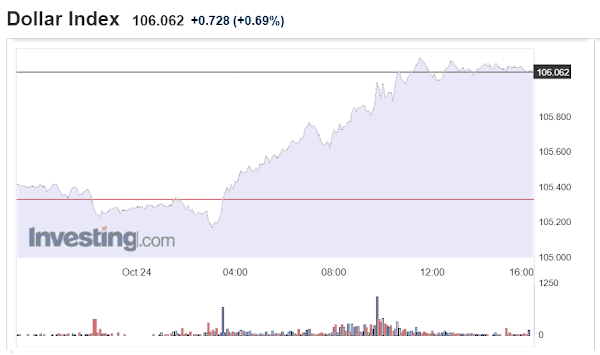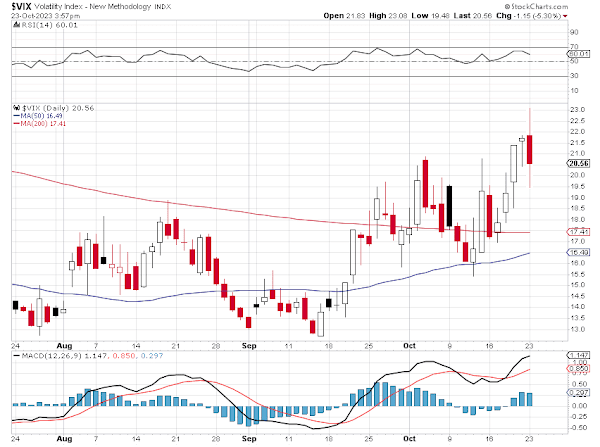"What is unrecognized about JFK's presidency, which then makes his assassination a false mystery, is that he was locked in a struggle with his national security state. That state had higher values than obedience to the orders of a president who wanted peace.
It’s unbelievable—or we’re supposed to think it is—that a president was murdered by our own government agencies because he was seeking a more stable peace than relying on nuclear weapons. It’s unspeakable. For the sake of a nation that must always be preparing for war, that story must not be told. If it were, we might learn that peace is possible without making war.
When we become more deeply human, as Merton understood the process, the wellspring of our compassion moves us to confront the Unspeakable. There is nothing so threatening to systemic evil as those willing to stand against it regardless of the consequences."
James W. Douglass,
JFK and the Unspeakable: Why He Died and Why It Matters
"And some of us who have already begun to break the silence of the night have found that the calling to speak is often a vocation of agony, but we must speak. We must speak with all the humility that is appropriate to our limited vision, but we must speak. And we must rejoice as well, for surely this is the first time in our nation's history that a significant number of its religious leaders have chosen to move beyond the prophesying of smooth patriotism to the high grounds of a firm dissent based upon the mandates of conscience and the reading of history."
Martin Luther King,
Beyond Vietnam - A Time to Break the Silence, Riverside Church, New York City, 4 April 1967
Martin Luther King, Jr. was murdered in Memphis, Tennessee on 4 April 1968, exactly one year to the day after his sermon, Beyond Vietnam - A Time To Break the Silence. It was the silencing of a voice, and a message to the rest.
"Ultimately you must do right because it's right to do right. And you've got to say 'But if not.' You must love ultimately because it's lovely to love. You must be just because it's right to be just. You must be honest because it's right to be honest.
Wherever you are going this morning, my friends, show the world that you're going with truth. You are going with justice, you are going with goodness, and you will have an eternal companionship. And the world will look at you and they won't understand you, for your fiery furnace will be around you, but you'll go on anyhow.
But if not, I will not bow, and God grant that we will never bow, before the gods of evil."
Martin Luther King,
But If Not, Ebenezer Baptist Church, 5 November 1967
"Few will have the greatness to bend history; but each of us can work to change a small portion of the events, and in the total of all these acts will be written the history of this generation. Thousands of unknown men and women in Europe resisted the occupation of the Nazis and many died, but all added to the ultimate strength and freedom of their countries. It is from numberless diverse acts of courage such as these that the belief that human history is thus shaped.
Each time a man stands up for an ideal, or acts to improve the lot of others, or strikes out against injustice, he sends forth a tiny ripple of hope, and crossing each other from a million different centers of energy and daring those ripples build a current which can sweep down the mightiest walls of oppression and resistance."
Robert Kennedy,
Day of Affirmation, Cape Town, South Africa, 6 June 1966
“If you can feel that staying human is worth while, even when it can't have any practical result whatsoever, you've beaten them.”
George Orwell,
1984
"Behind the concrete, the visible events, behind all objective, logical considerations, we find the irrational element: the struggle against the demon, against the servants of the Antichrist. Everywhere and always demonic powers lurk in the dark, waiting for the moment when man is weak; when of his own volition he leaves his place in Creation, as founded for him by God in freedom; when he yields to the force of evil, he separates himself from the powers of a higher order; and after voluntarily taking the first step, he is driven on to the next and the next at a furiously accelerating rate.
Everywhere, and at times of greatest trials, men have appeared, prophets and saints who cherished their freedom, who preached the One God, and who with His help brought the people to a reversal of their downward course. Man is free, to be sure, but without the true God he is defenseless against the principle of evil. He is a like rudderless ship, at the mercy of the storm, an infant without his mother, a cloud dissolving into thin air."
The White Rose,
Fourth Leaflet, Munich, 1942
"The real conflict is the inner conflict. Beyond armies of occupation and the catacombs of extermination camps, there are two irreconcilable enemies in the depth of every soul: good and evil, sin and love. And what use are the victories on the battlefield if we are ourselves are defeated in our innermost personal selves?”
Maximilian Kolbe, Auschwitz, 1941
"In the end, the only real tragedy is not to have been a saint."
Léon Bloy,
La Femme pauvre
Everyone makes choices, many times, over and over. And very often those choices reflect, in the end, what they love.
Sometimes it is their family, sometimes their friends. Sometimes their country, and sometimes some ideal or ideology. Sometimes it is a principle of conscience.
And sometimes at the center of it all is God, of life and light, of all that is mercy and goodness, of all that endures.
But all too often people serve themselves, and thereby the world, and make themselves into beasts to escape the burning pain of their unquenchable emptiness.
Why would anyone choose to bear witness to the truth, in the marketplace, in the very heart of Rome, or the Reich, or some new Babylon?
What we love the most, we serve. Or if we do not love, we become what we hate.
"But if not, I will not bow, and God grant that we will never bow, before the gods of evil."

















































